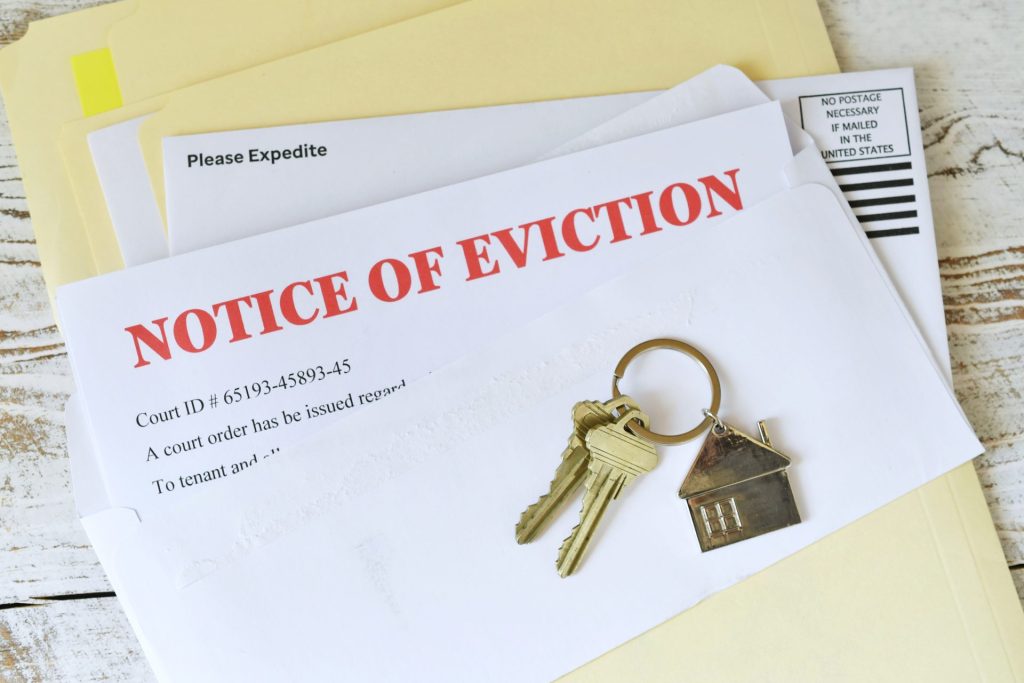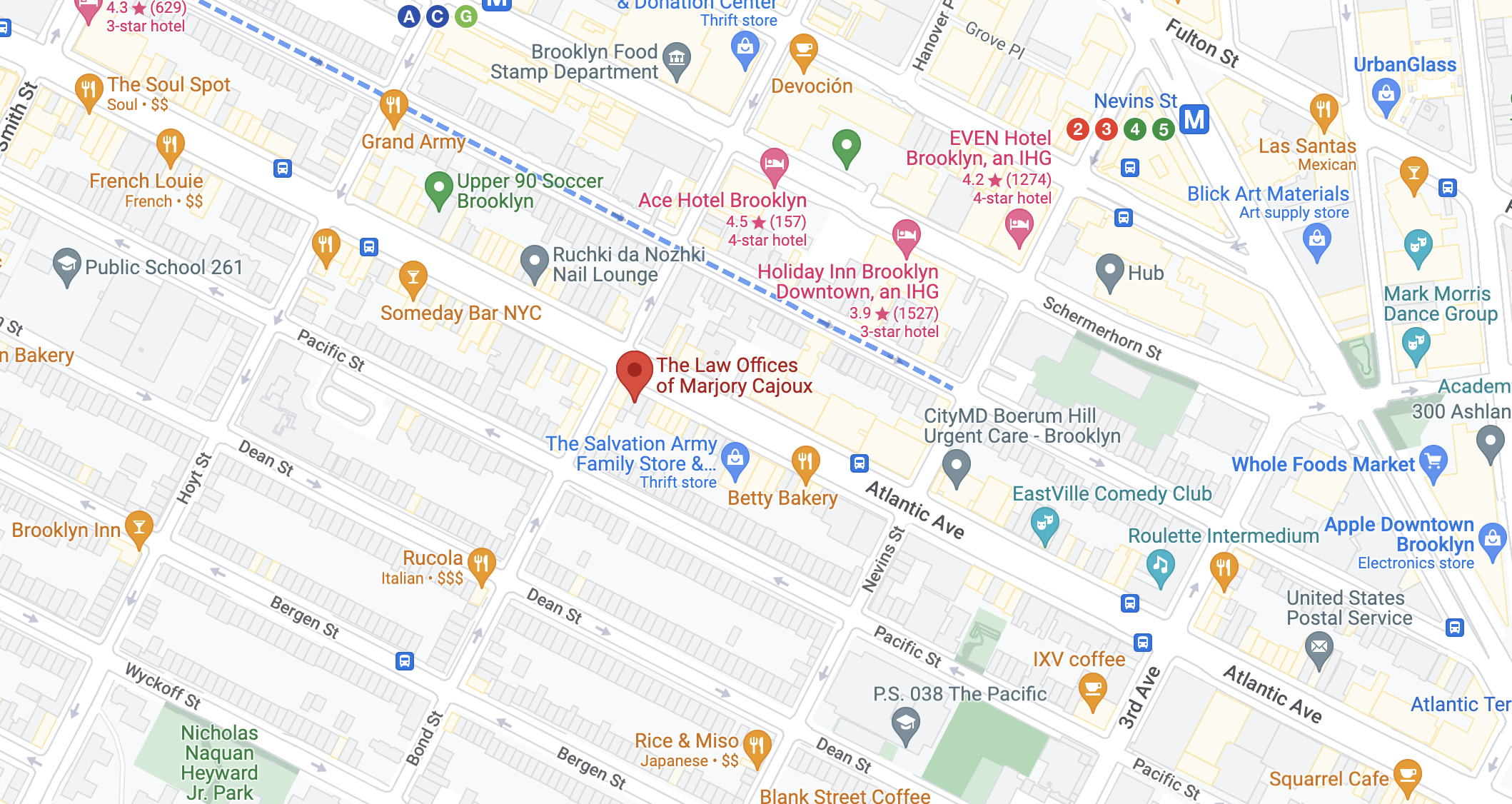Do you meet the requirements to become a lawful permanent resident–and to obtain a green card–under the Violence Against Women Act (VAWA)? Keep reading to learn what those requirements are and to learn how a New York immigration lawyer will help you.
What Problem Does the Violence Against Women Act Address?
U.S. family-based immigration typically requires U.S. citizens and lawful permanent residents to submit a petition on behalf of their noncitizen family members. VAWA addresses the problem of petitioners who threaten to withdraw or withhold that petition in order to control their relatives.
If you are not a citizen or a lawful permanent resident of the U.S., and you do not otherwise meet the requirements for a green card, but you are living under the shadow of domestic violence, you may meet the requirements to obtain a green card under the immigration provisions of VAWA.
Who Qualifies to Become a Lawful Permanent Resident Under VAWA?
An immigrant may meet the Violence Against Women Act requirements to become a lawful permanent resident if that person has been the victim of domestic violence, extreme cruelty, or battery committed by:
1. a U.S. citizen spouse or former spouse
2. a U.S. citizen son, daughter, or parent
3. a lawful permanent resident parent, spouse, or former spouse
Victims apply to become lawful permanent residents by filing Form I-360 with U.S. Citizenship and Immigration Services (USCIS). Have a New York immigration lawyer help you complete Form I-360 or review the form to ensure that it’s accurate and complete.
What Questions Are Asked in VAWA (Form I-360) Cases?
What follows are ten of the most frequent questions that are asked in VAWA Cases:
Q #1: Can you file Form I-360 if you do not have a police report of domestic violence?
A: It’s good to have that kind of evidence to support your application, but it is not required.
Q #2: Will the person who is abusing you find out?
A: No. I-360s are confidential. USCIS will share information only with you and your lawyer.
Q #3: Does the Violence Against Women Act also apply to men?
A: Yes. The provisions of the law are applicable to women and men equally.
Q #4: Can you qualify if you weren’t physically abused or injured?
A: You must have been subjected to “extreme cruelty,” so discuss the issue with your attorney.
Q #5: What if your abuser holds a temporary visa – or has no legal status?
A: You probably will not qualify under VAWA. Your attorney will explain your other options.
Q #6: Can you divorce an abusive partner and still qualify?
A: VAWA does not compel you to stay in an abusive marriage.
Q #7: What if you have already divorced?
A: You may file Form I-360 for up to two years after the dissolution of your marriage.
Q #8: Will you have to appear for an interview with USCIS?
A: Yes. Have your attorney prepare you for the interview and accompany you there.
Q #9: For what reasons may a VAWA application be denied?
A: Applications may be rejected for reasons ranging from clerical errors to marriage fraud.
Q #10: Where can you find good immigration-related legal guidance and advice?
A: Arrange to speak with a New York immigration attorney. Call 718-237-0411.






